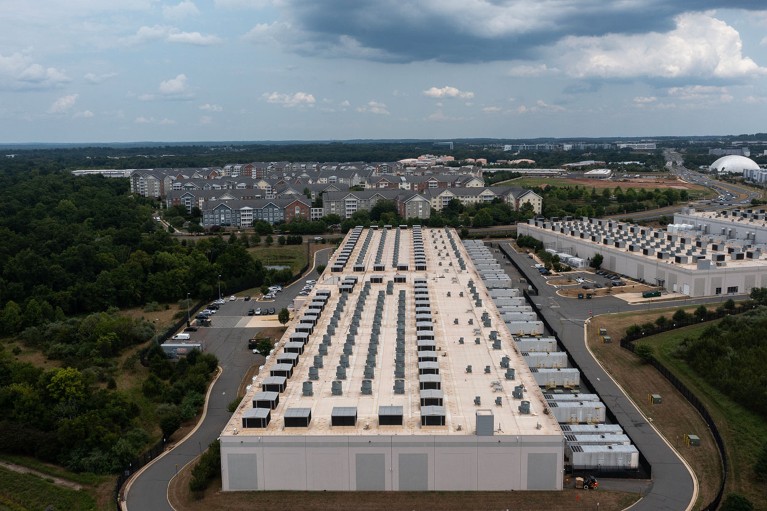Google and Amazon are making significant moves in renewable energy by investing in advanced nuclear power. Google has partnered with Kairos Power to buy electricity from their innovative reactors, while Amazon is investing $500 million in the X-Energy Reactor Company to source power from new reactors in Washington State. These initiatives aim to address the rising energy demands of data centers that support artificial intelligence. The technology focuses on small modular reactors, designed to be safer and more efficient than traditional power plants. While these investments signal progress in nuclear energy, experts remain cautious about the risks and challenges involved in bringing these new technologies to Market. Overall, the push for nuclear power represents a crucial step in combatting climate change and reducing reliance on fossil fuels.
Last week, tech giants Google and Amazon announced new deals to support advanced nuclear energy in their quest for carbon neutrality. Google revealed that it will purchase electricity generated by reactors from Kairos Power, a company based in California, while Amazon is investing around $500 million in the X-Energy Reactor Company in Maryland and has committed to buying power from its upcoming reactors in Washington State.
These initiatives are part of a broader trend among technology companies to address the increasing energy demands of data centers and artificial intelligence operations. Just last month, Microsoft also made headlines by agreeing to purchase power from a utility that plans to restart a decommissioned nuclear reactor in Pennsylvania.
Both Google and Amazon are teaming up with start-up companies that are developing small modular reactors (SMRs). These next-generation nuclear reactors aim to be smaller, cheaper, and safer than traditional models, offering a more streamlined approach to nuclear energy generation. However, experts caution that while these partnerships represent a significant vote of confidence in the nuclear sector, they may not provide sufficient funding to overcome the financial challenges these start-ups face.
As these tech giants push forward with their nuclear energy plans, there are important questions about innovation, safety, and whether these new types of reactors can truly help combat climate change in a meaningful way.
In essence, while the investments made by Google and Amazon signal an exciting shift towards greener energy sources, the nuclear power industry still has considerable hurdles to overcome before it can fully meet the needs of the future.
Tags: nuclear energy, Google, Amazon, carbon neutrality, small modular reactors, technology companies, energy demands, climate change.
-
What does “nuclear renaissance” mean?
Nuclear renaissance refers to a renewed interest in building new nuclear power plants and using nuclear energy more widely, especially as a way to meet growing energy demands. -
Why is AI’s energy demand high?
AI needs a lot of power because it runs complex algorithms and processes large amounts of data, which can require significant computing resources. -
How can nuclear energy help with AI’s energy needs?
Nuclear energy can provide a stable and large amount of electricity, which is necessary to support the vast energy requirements of AI technologies. -
Are there any concerns about using nuclear energy?
Yes, there are concerns about safety, waste disposal, and the potential for accidents. Some people worry about the environmental impact as well. - Is it likely that more countries will build nuclear plants because of AI?
It’s possible. As countries look for reliable energy sources to support technological growth, many may consider investing in nuclear power.






